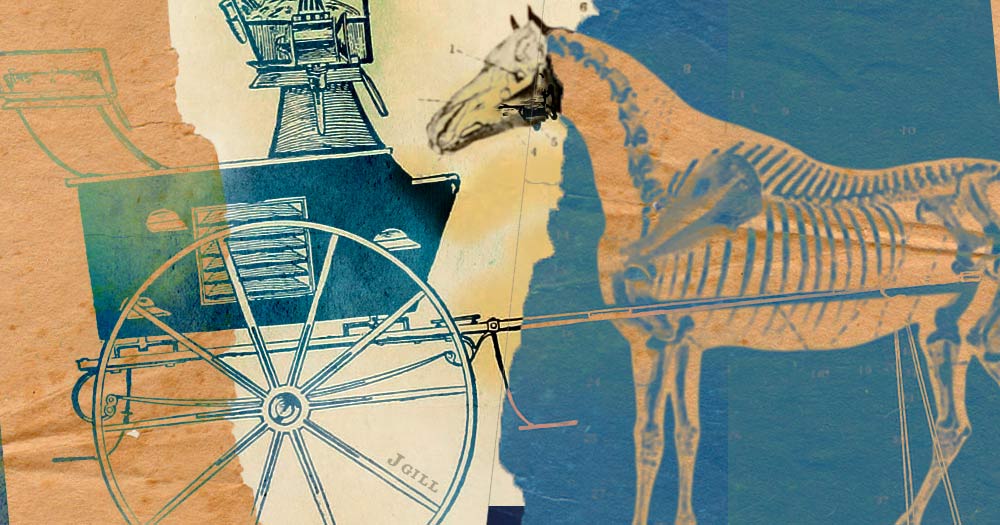All informed, concerned adults should vote.
If they want to.
Yes, I am all for ballot access, and suggestions that we must minimize the vote in any election elicit a shiver: calls for voter participation reduction give me the creeps.
But that does not mean that every push for increased voter participation is a good idea.
In the case of a recent Nation think piece on how progressives can win future elections, it may indicate a severe misunderstanding of reality, a sort of cart-before-the-horse senselessness.
Steve Phillips has developed an “Organizing Strategy” that, his title informs us, would “Revive the Democratic Party” without depending on that dreaded category of citizens, “White Voters.”
Now before you jump to the conclusion that he is merely another trendy, leftist anti-racist racist, a person who has discovered the sheer joy of being able to heap scorn on the one group left in the modern world to which it is socially acceptable to deride, hate, and discriminate against, please note: his his plan to ignore white voters avoids the lesson Democrats most need to learn.
Hillary Clinton lost, Phillips correctly observes, because many, many minority voters who had previously voted for Barack Obama did not go to the polls for her. From this he extrapolates a need to seek out these voters. Democrats don’t need more white voters to win.
True enough. But he never once considers the obvious reason for Mrs. Clinton’s failure. She was a horrible candidate. Horrid. The worst.
From minority points of view, too: which is why so many blacks and Hispanics voted for Trump, in record numbers*.
Democrats, want to win? Stop promoting awful candidates.
And you could try better ideas, too.
This is Common Sense. I’m Paul Jacob.
* Well, that would be the Trumpian way to put the fact that the President-elect did better with minorities than did, uh, Romney.








 To aid the cause, Inhofe calls the gas tax a “user fee.” Euphemistically. He has the tiniest of points: the modern “deal” has been to tax fuel and then use that revenue to pay for new roads and upkeep.
To aid the cause, Inhofe calls the gas tax a “user fee.” Euphemistically. He has the tiniest of points: the modern “deal” has been to tax fuel and then use that revenue to pay for new roads and upkeep.